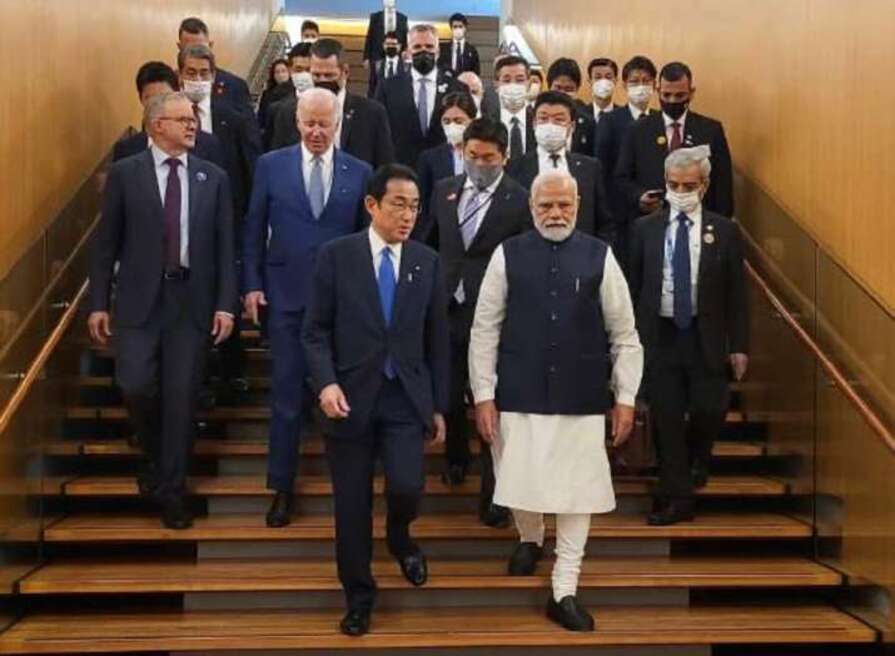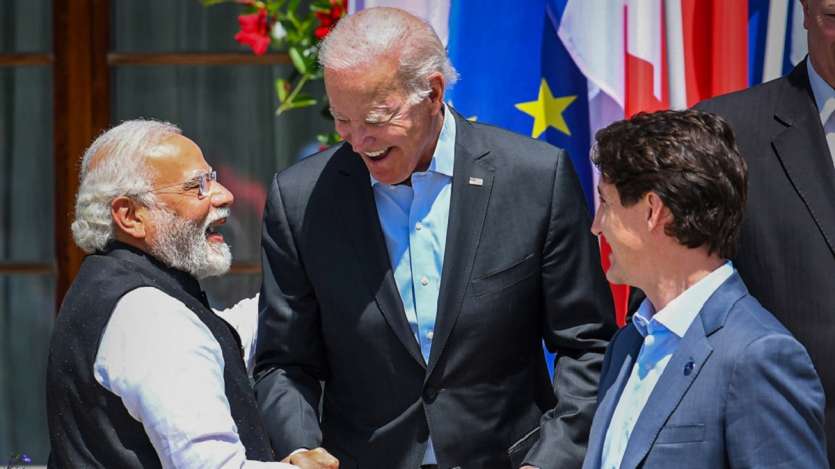For many years, the discussion of India becoming a Vishwa Guru – the coach or knowledge-giver of the world – has been in philosophy. Many take delight in rubbishing this vision. On the other hand, others are understandably heartfelt about creating this transpire.
Evolving a ‘Vishwa Guru’ is mainly considered an idea of a national initiative, and nothing is wrong. Like people, nations also need to have a national aspiration.
This is mainly for three reasons:
- India’s distinctive worldview stems from our civilisational culture.
- Our outstanding triumphs during the last 75 years.
- Our inherent power is to deliver something that the international society so critically needs.
Firstly, our civilisational culture has given us a substantial intellectual foundation with several outstanding features.
These characteristics construct India into what it is. Our spiritual politics, where Ekam Sat, Vipra Bahuda Vadanti (the reality is one, but the ingenious men represent the same differently) functions as the cornerstone of our strategy to various states of worshipping, creates India a residence for all beliefs that live in peace.
These spiritual politics has hugely donated to the triumph of our political democracy. Also impressive is the Indian concept of Antyodaya – that the most deprived are considered the most excellent has allowed us to move past the binary of socialism and capitalism.
Glimpsing back, it would not be unfair to say that the fundamental doctrinal methods noted above have been confirmed to be invaluable assets for our accomplishments after Independence. As we honour Azadi Ka Amrit Mahotsav, the 75th anniversary of our Liberty, what has been completed by us is unique in many methods.
From chronology agricultural exhibition to improvements in nuclear and space technology, from providing affordable healthcare to putting up world-class academic organisations, from giant steel plants to becoming an IT power and having the third-biggest start-up ecosystem in the world, from Ayurveda to biotechnology, what we have completed in our post-Independence voyage is genuinely remarkable.
India is geographically mixed, and there are many climatic conditions zones too. We also communicate in many tongues and acknowledge different ways of worshipping.
Aspects that highlight this comprise our stable democratic societies, a widely revered electoral body, the practice of law, substantial media and a dynamic civil community. Panchayati Raj, or the decentralised method of government, is a deposition to the point that democratic discounts in India have seeped into the grassroots. This is one of the most outstanding accomplishments of autonomous India.
This is the track a Vishwa Guru has to lay the light of wisdom. The model transmission originating from the concept of India is that civilisational cultures tour from history through today to tomorrow.
We can’t damage our habits, but at the same time, we even can’t be jailbirds of them. India can set an illustration of how we can progress towards modernity and save ourselves from unreasonable Westernisation.
Another critical letter of the Idea of India is to regard the entire world as one family, or Vasudhaiva Kutumbakam. It was not for no explanation that PM Narendra Modi, during his first speech to the UNGC of the United Nations, wondered why like G7 and G20, there couldn’t be a company called G-All to accept maintenance of challenges before the entire community.









